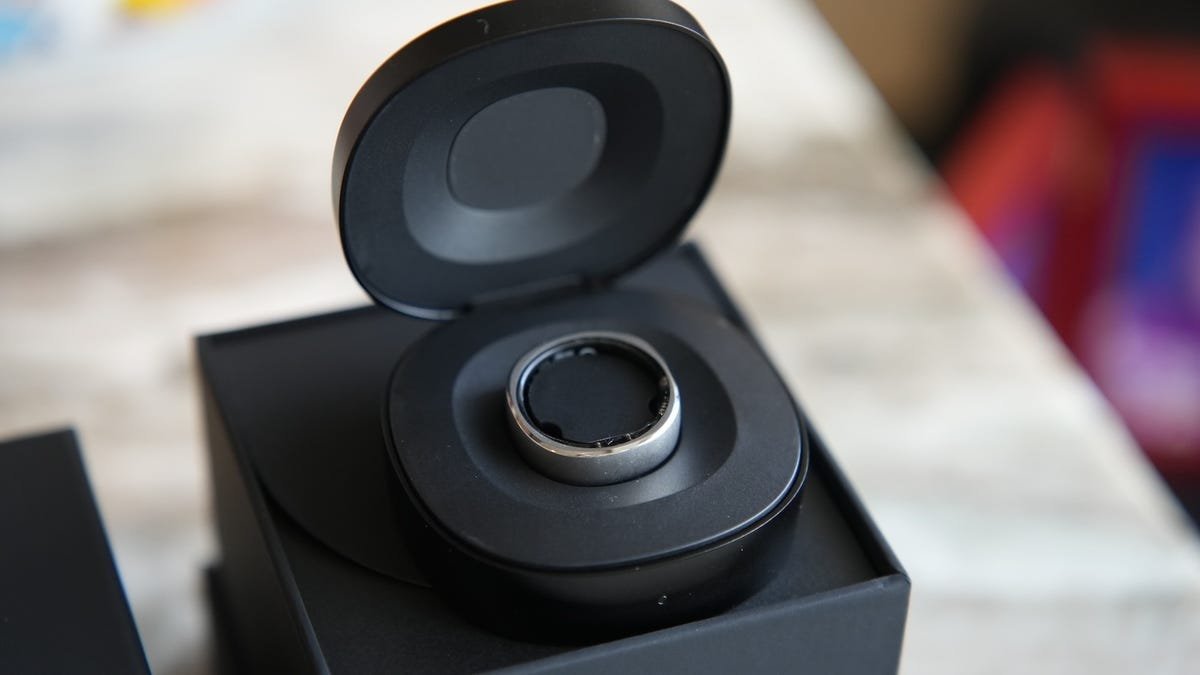RingConn's affordable smart ring delivers robust health tracking and week-long battery life without a subscription, challenging Oura's dominance. After rigorous testing, its seamless cross-platform support and detailed analytics make it a compelling choice for developers and health-tech enthusiasts alike.
The wearable tech landscape is evolving beyond wrist-bound devices, and smart rings like Oura have led the charge in sleep and health tracking. But a new contender, the RingConn Smart Ring, is disrupting the space with a potent combination of affordability, no subscription fees, and impressive technical specs—putting established players on notice.

Hardware and Design: Sleek, Lightweight, and Packed with Sensors
Priced at $259 (currently on sale for $179), the RingConn Smart Ring undercuts Oura's $299–$449 range while matching its premium build. Crafted from titanium with a matte finish, it weighs just 5 grams and sports an IP68 waterproof rating for 24/7 wear. Inside, it houses a sophisticated sensor array: a 3D accelerometer, four temperature sensors, four PPG (photoplethysmography) sensors for heart-rate and SpO2 monitoring, and Bluetooth 5.2 for connectivity. Its squircle-like design is subtle, and the included portable charging case extends usability with 150 days of backup power—ideal for travelers or those prioritizing low-maintenance wearables.
Performance and App Ecosystem: Deep Analytics Without Lock-In
In a three-week head-to-head test against the Oura Gen3, RingConn excelled in several areas. Sleep tracking accuracy was comparable, though RingConn's scores consistently ran 8–10 points higher. More notably, its app provides granular stress metrics that outperform Oura's newer stress-tracking feature, alongside detailed activity insights. The absence of a readiness score (a staple in Oura and Garmin ecosystems) is a gap, but RingConn's "Wellness Balance" beta feature aggregates sleep, activity, and stress data into actionable summaries. Crucially, RingConn syncs seamlessly with Apple Health and supports effortless switching between iOS and Android—unlike Oura, which requires a full reset when changing platforms.
"If you're tired of monthly fees, RingConn is a revelation. Its cross-platform flexibility and rich data visualization empower users without vendor lock-in," notes the ZDNET review.
The Subscription-Free Advantage and Market Implications
RingConn's biggest draw is its lack of a subscription model—Oura charges $6/month for full data access—making it a cost-effective long-term investment. This approach challenges the industry's shift toward recurring revenue and could pressure competitors to reevaluate their pricing. However, RingConn currently lacks third-party app integrations (e.g., Garmin Connect or Strava), limiting its utility for fitness enthusiasts. Future updates promise workout modes and meditation tracking, which could broaden its appeal.
Why This Matters for Tech Innovators
For developers, RingConn represents more than a gadget; it's a case study in user-centric design. By prioritizing battery efficiency (7 days per charge), open data standards (Apple Health/Google Fit), and affordability, it lowers barriers to health-tech adoption. As giants like Samsung eye the smart-ring market, RingConn’s success underscores a demand for specialized, subscription-free wearables that respect user autonomy. Its rise signals a maturation in the sector—where functionality and value trump brand loyalty.
Source: ZDNET article by Matthew Miller, July 30, 2025.

Comments
Please log in or register to join the discussion